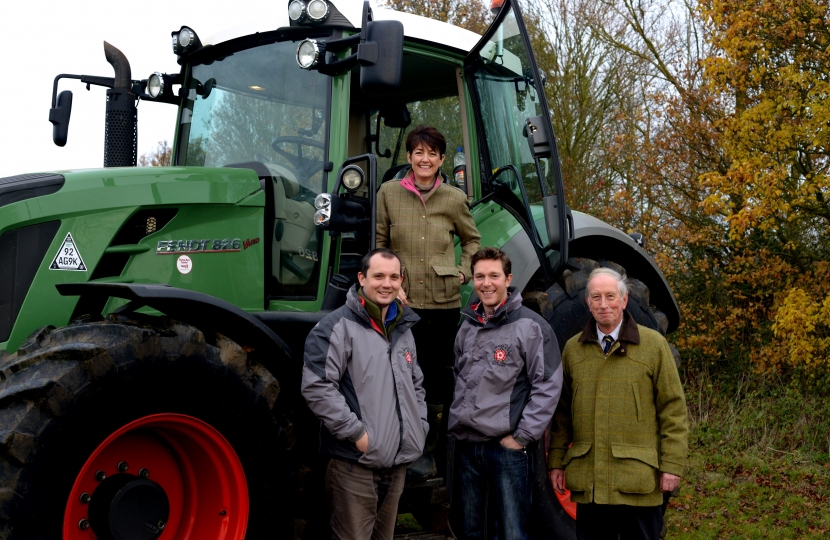
Reflecting on recent events, it is now the priority of decision makers to knuckle down and work to protect the long term economic interest of this country, by delivering certainty to industry and business. For the implications of leaving the European Union, must now be taken into consideration in every aspect of decision-making, including my work as a member of the Environmental Audit Committee.
This week’s evidence session of the Committee on which I sit was broad in scope, considering the UK’s ‘carbon budgets’ (caps on our carbon emissions) and our 2050 emissions targets; matters interlinked with our EU membership. Although directly unaffected by the decision to withdraw our EU membership, the Climate Change Act 2008 as the relevant legislation, must still be delivered with a clear sense of direction. Importantly, as the committee’s investigation develops, we must also ensure investors in our power supplies understand the future travel of the industry and thereby their businesses going forward.
I would argue, a positive commitment to support technology and innovation would be a good first step on a national scale. It is the case that the UK must do more to plan for the disposal of waste materials. The legislation to reduce landfill has proven to be positive, but we need to do more. As the Government continues to deliver this commitment, one challenge which lies ahead, is how we address the disposal of waste on a larger scale. Bearing down on organisations not yet contributing their fair share to the environmental agenda, is a good starting point. However, a long term solution would be to build into the business community a ‘circular economy’ producing no waste or pollution by design or intention; delivering on the Government’s aim to maintain long term practical sustainability at a local level.
In our own locality, Suffolk has already been setting the standard as the ‘Greenest County’ with its enthusiasm and delivery of the environmental agenda. In conversation with local residents recently, one lady told me of her ‘Rubbish Friends’ group which walks around their local area, collecting rubbish, connecting with nature and each other as well as keeping healthy to boot.
But again, there is still plenty more to do. Joining up local and national government, we must deliver the means to extract and reuse energy locally, which is currently going to waste. What the Committee concluded is that in order to deliver this, policies and decision making needs to be enduring. If we are going to achieve positive results, it must be greater than the five year length of a Parliament or delivered on the short termism of a Treasury financial stimulation.
Therefore, as the UK seeks to reassure the markets and industry, it is vital we work together across Departments and levels of government to deliver effective measures to secure, not just the best outcome for Brexit, but also confidence in and for those sectors that can only thrive with long term assurance.
Published in the East Anglia Daily Times